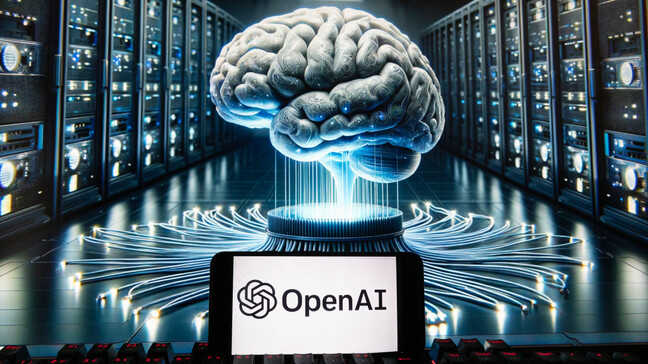
Amazon, Google, and OpenAI Agree To Combat AI Abuse during the 2024 Elections
Concerns have been raised about the potential for artificial intelligence (AI) to be used to deceive voters as a result of the widespread availability of realistic-looking phony images, sounds, and videos.
A coalition led by OpenAI, Amazon.com Inc., Google, and seventeen other prominent players in the artificial intelligence space has been established to try and stop the use of AI to manipulate voters in the future international elections.
The firms pledged to try and identify AI-enabled election misinformation, respond to it, and increase public awareness about the possibility of deceit when they announced the pact on Friday at the Munich Security Conference.

With artificial intelligence (AI) becoming more and more prevalent, it is now possible to create realistic-looking false images, audio, and videos. This has led to concerns that the technology could be used to manipulate voters in 2019, when elections will choose 40% of the world’s leadership. An artificial intelligence (AI) audio message that mimicked President Joe Biden tried to discourage Democrats from casting ballots in the New Hampshire primary last month.

In the Tech Accord to Combat Deceptive Use of AI in 2024 Elections, the companies committed to using technology to reduce the dangers associated with AI-generated election content. They also agreed to exchange knowledge about how to deal with bad actors.
We need to make sure that artificial intelligence doesn’t contribute to election fraud, stated Brad Smith, President of Microsoft Corp., in the news release announcing the agreement.

Among the signatories were Adobe Inc., International Business Machines Corp. TikTok from Byte Dance Ltd., and startups like Anthropoid and Inflection AI. The social networking firms X, Snap Inc., and Meta Platforms Inc. were also parties to the arrangement.
The intentional and undisclosed generation and distribution of deceptive AI election content can deceive the public in ways that jeopardize the integrity of electoral processes, the agreement stated.
The new agreement aims to limit digital content that mimics the words or actions of political candidates and other election participants, given the proliferation of realistic fakes of candidates’ voices and likenesses.

